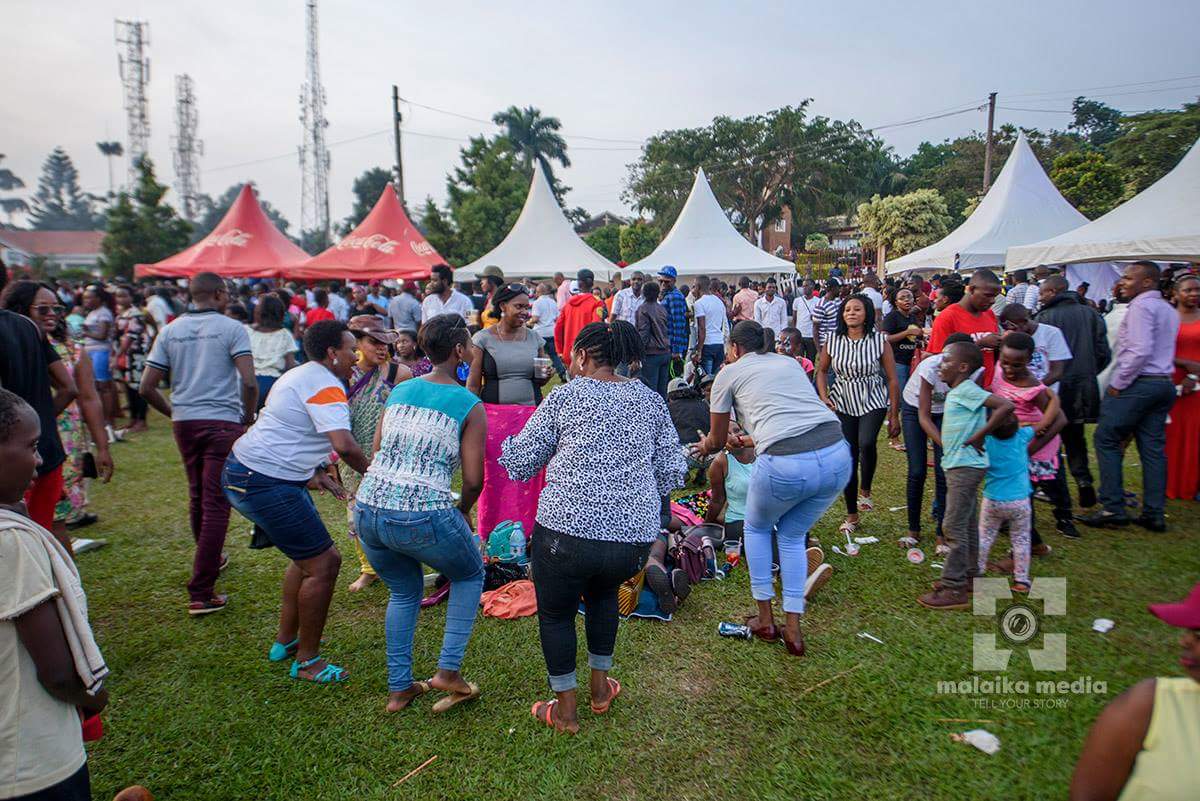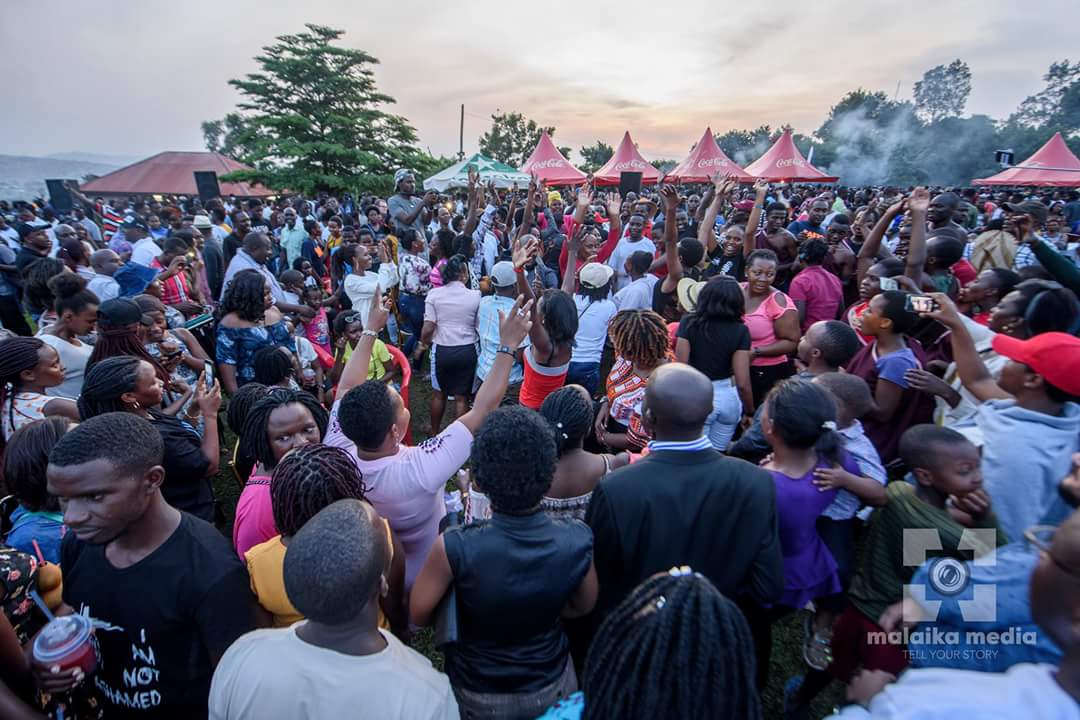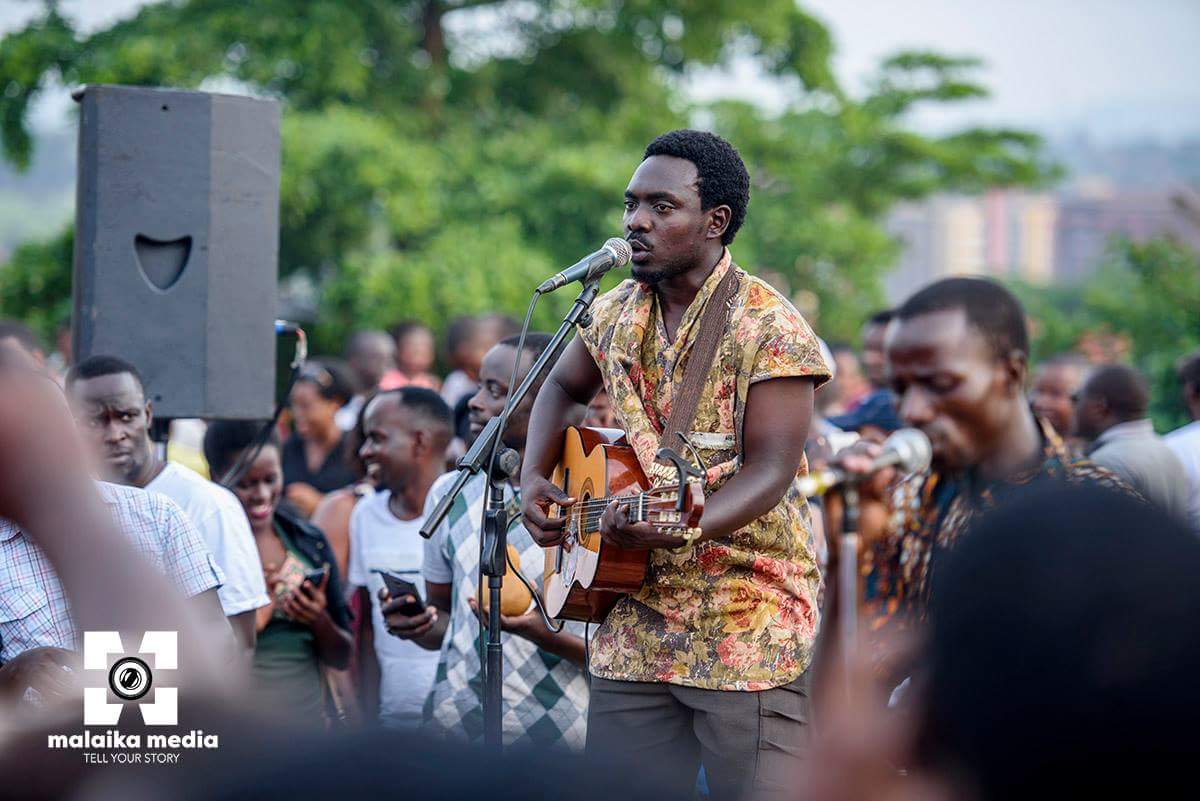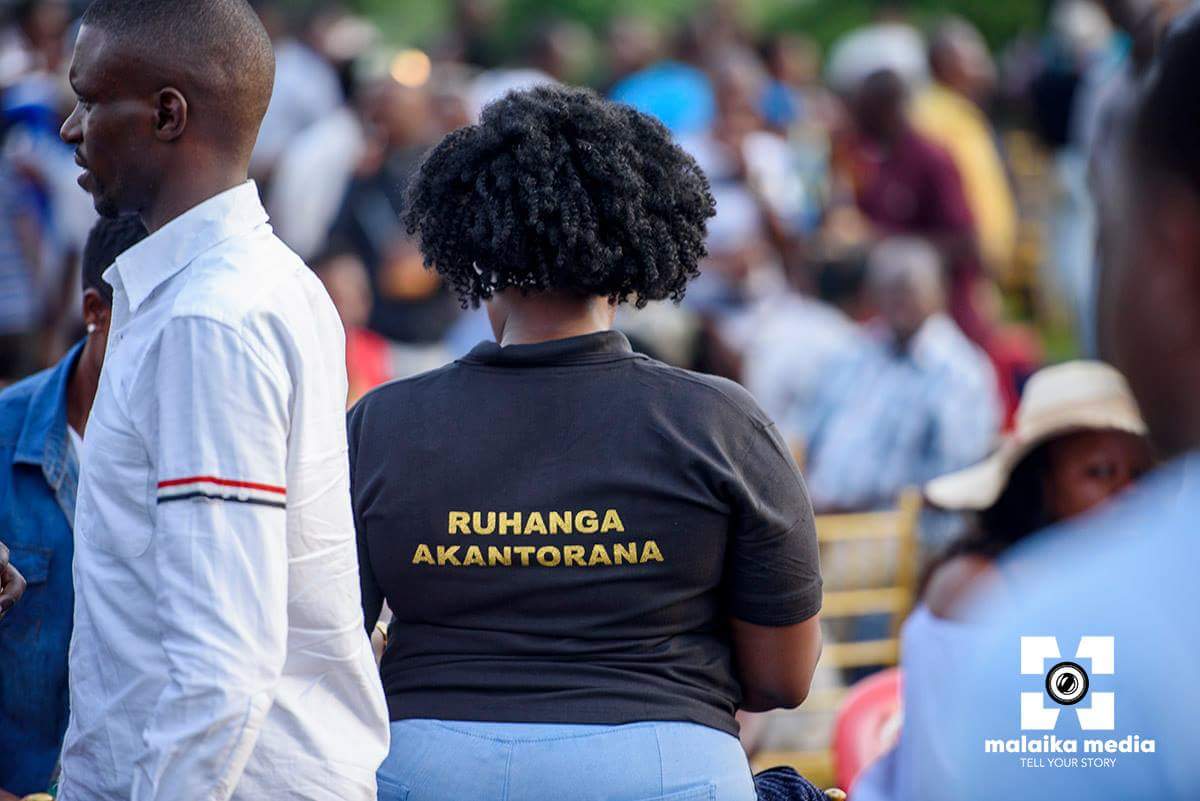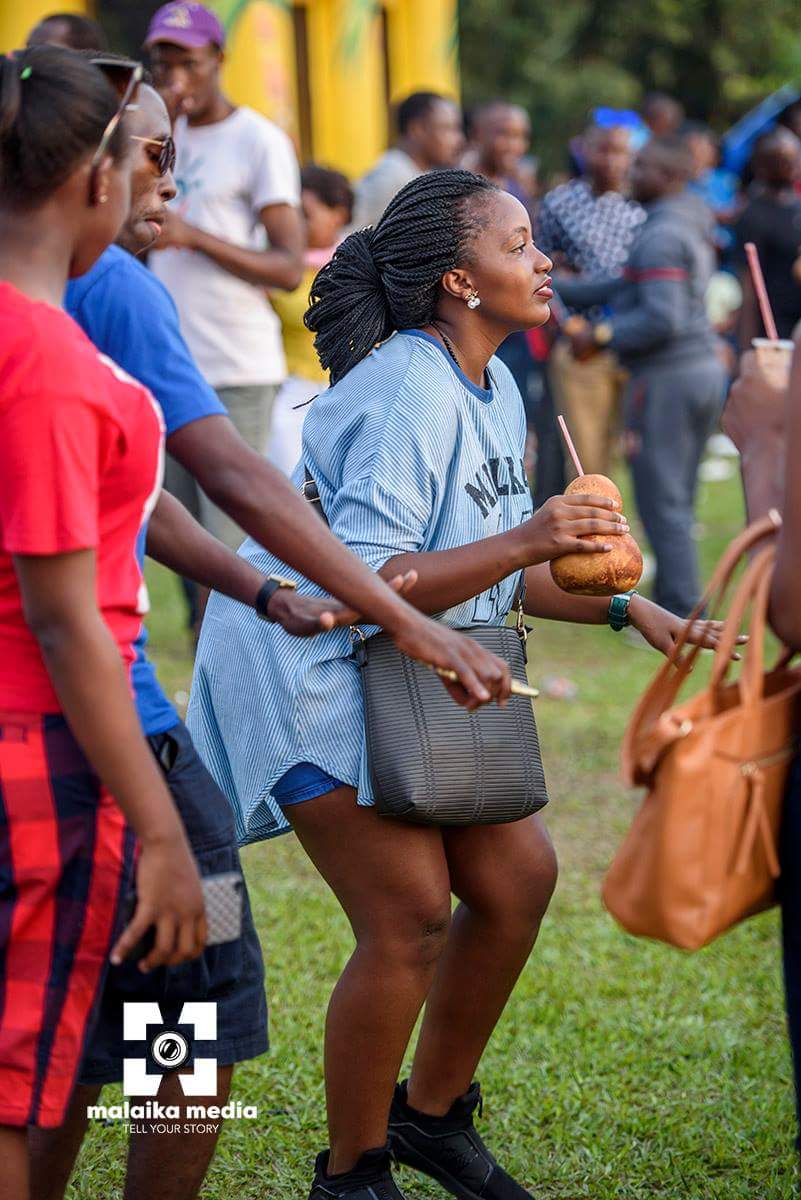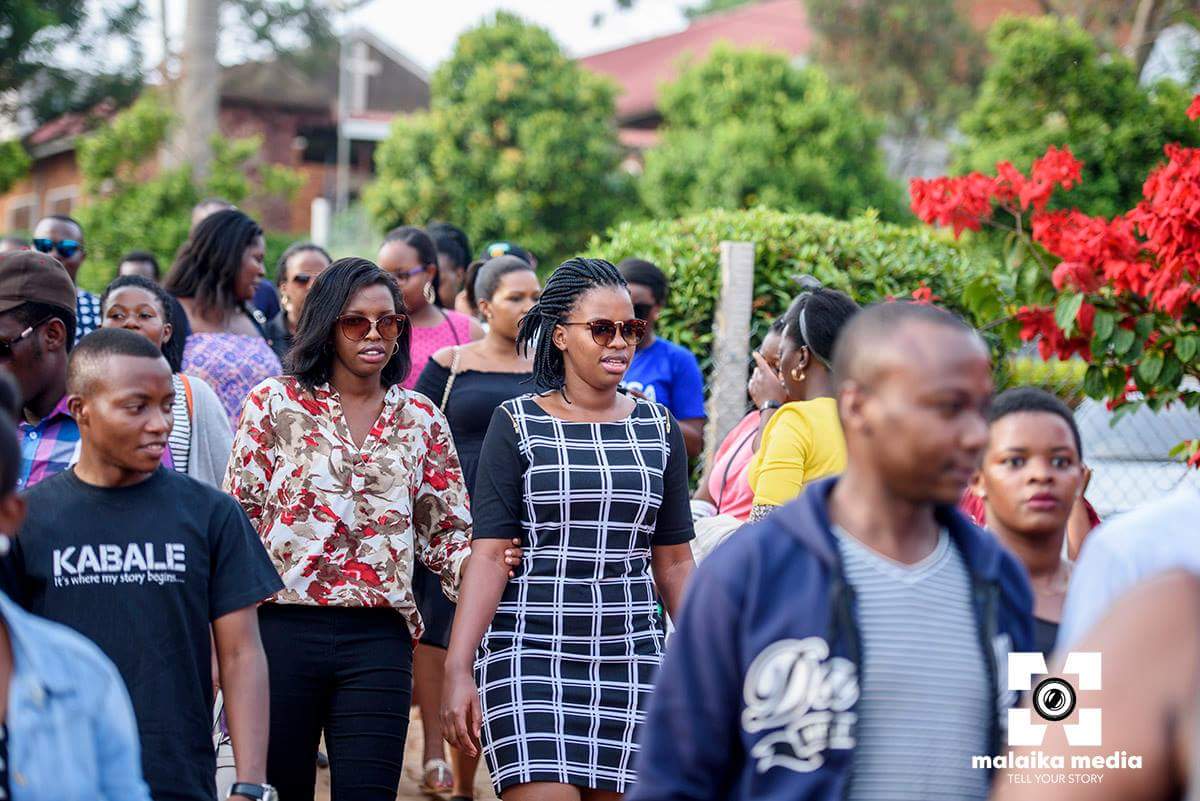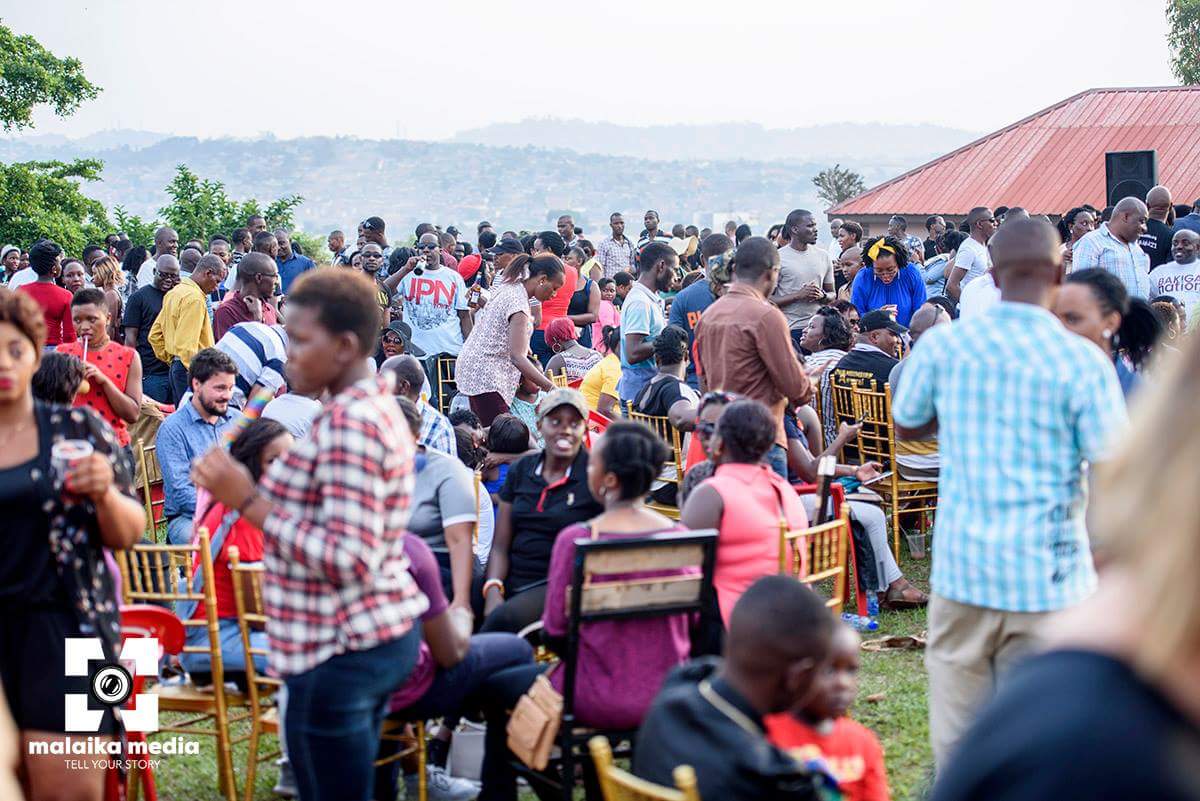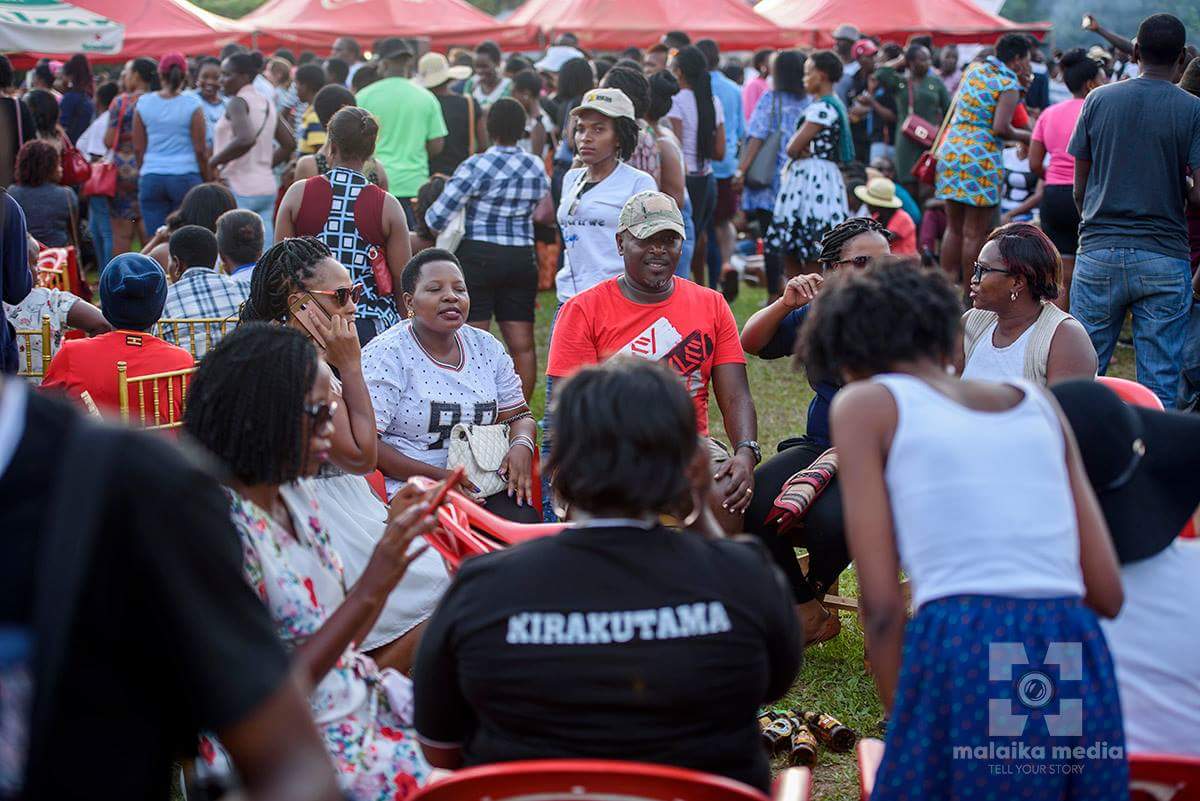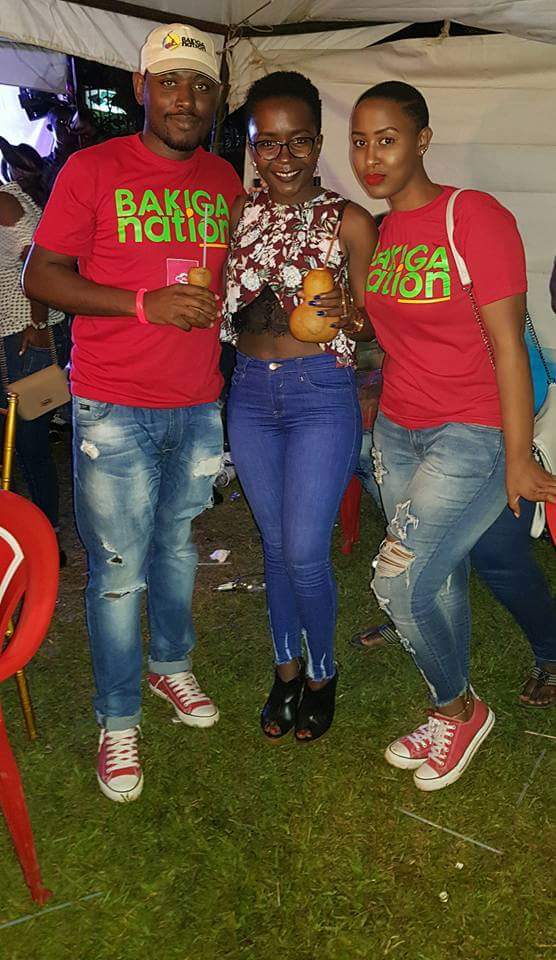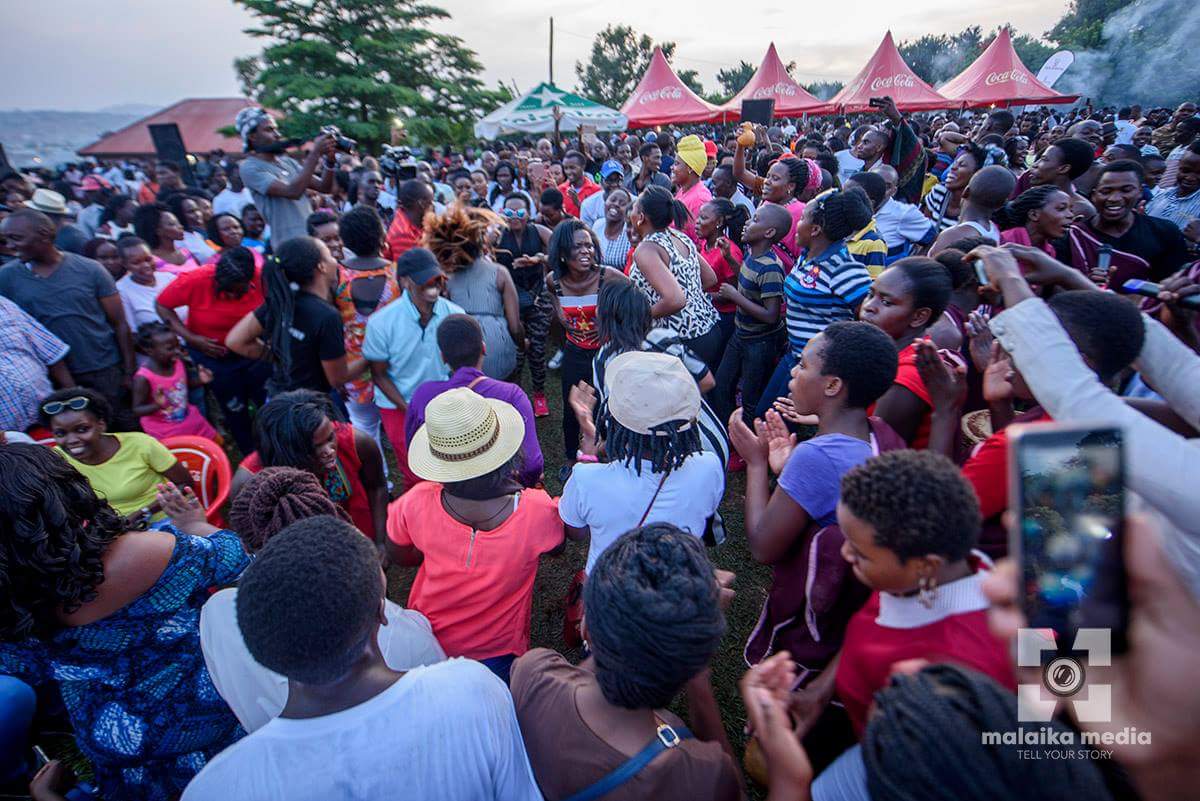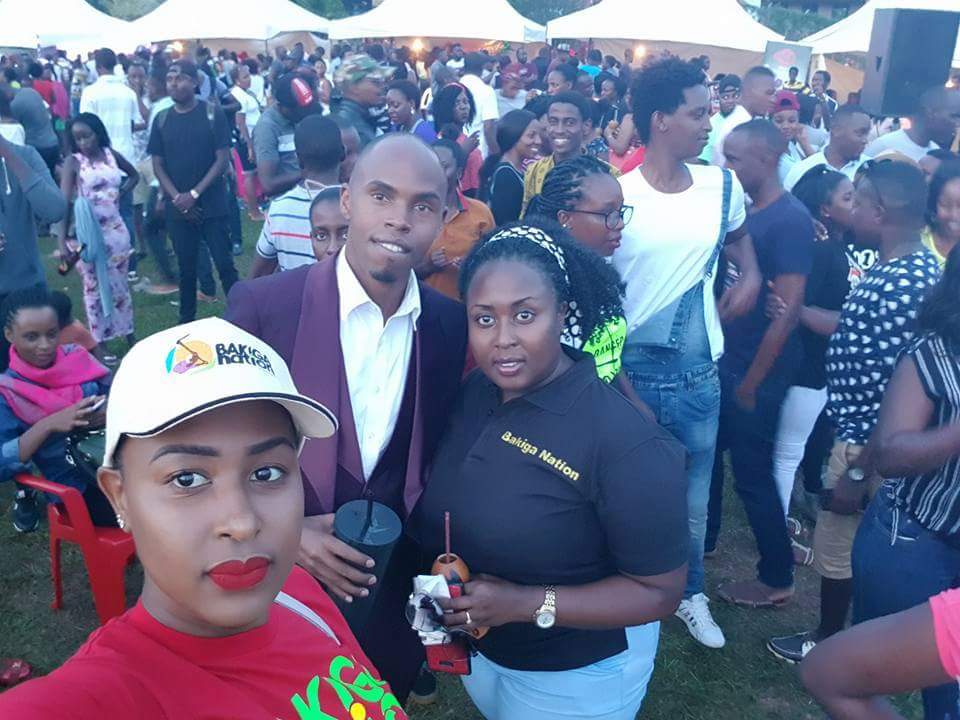Although some would argue that traditional culture is fast eroding in Uganda as Western trends quickly take the day, there are some efforts to preserve indigenous customs that are worth acknowledging.
A case in point is an initiative by the Bakiga people of Kigezi in southwestern Uganda to keep their tradition alive in modern day.
On Sunday, hundreds of people, young and old, ascended onto Naguru Hilltop in Kampala to attend the fourth edition of ‘Rukundo Egumeho’ festival, a brainchild of Bakiga Nation, an annual gathering that celebrates the culture of the Bakiga people (the people of the mountains).
Over 2,000 people, majority of them Kampala based millennials that hail from Kigezi and Ankole turned up to network with tribe mates, have a light moment and connect with their traditional customs. But as opposed to the previous editions, this particular one attracted an overwhelming attendance.
It was a buzz of activity – conversations, reunion, sales for traditional themed merchandise, eating, drinking local brew, dancing, competitive games among others.
At the event, what seemed to be the uniting factor was perhaps the ‘bushera’ and ‘enturire’ which happen to be the traditional drinks of the Bakiga, made from millet and sorghum (sometimes with honey). Almost everybody held in their hand a gourd (enkyeka), an ancient drinking vessel that was once a household valuable long before cups and drinking glasses came to be the new ‘cool’ utensils.
By 6pm, mid way the fest, the venue, a football pitch size grass field was stampeded to capacity to a point that one struggled to manoeuvre through the crowd.
Local dialect is what dominated conversations, particularly Runyankole and Rukiga which are somewhat identical languages give that both of them are Bantu. The emcees too ran the entire program in the Rukiga language to keep at par with the purpose of the event.
Quite often, the youthful revelers captured videos of the happenings as others snapped pictures and took selfies to later share on social media.
But what’s a Bakiga event without a ground shuttering dance? When the DJ played the fast beat Kigezi anthem, it was nothing but an energetic show as the youthful crowd took on the ‘kizino’ (Bakiga traditional dance).
Amid all the buzz and crowd, the one thing your eye couldn’t miss was how much Bakiga can be show-offs when it comes to their heritage. A good number of them were clad in attire with quite braggart statements that glorified their roots.
What they said
“We are here to have fun and promote the culture of the Bakiga which overtime is getting diluted. But the more we attend such occasions, we are able to revive our culture and not forget our roots,” a joyous Andrew Tayembwa, born in Rukungiri told SoftPower News.
He has been a regular attendee since the very first edition of Bakiga Nation.
Andrew Keijuko, whose plan leaving home was “to come and chill”, said that; “it’s good for everyone who belongs to one particular culture to come and meet and drink this bushera that some of us don’t even know how to make”.
But one of the interesting things about the attendance was that it represented many different nationalities in Uganda, some who perhaps came out of curiosity.
Michelle is from Mbarara but has relatives from Kabale district. She was mainly pulled to the fest by the traditional brew, the music and the “crazy” dances.
“Am glad this thing is growing. And it’s so surprising that the biggest percentage are not even Bakiga. It might need a bigger venue next year. But it’s really good. Other regions should pick a leaf,” Michelle commented.
But beyond the meet, greet and mingle, the event also has an aspect of supporting social causes back home. And one such a cause is the Grace Villa, an orphanage that supports over 200 young girls in Kabale.
“It [festival] was something that we needed and you can tell from the numbers that have showed up. We wanted an opportunity to gather together and celebrate who we are as a people,” Ruth Kendegye Ndyabahika, the founder of Grace Villa Orphanage told SoftPower News.
For Ruth Kendegye, the event is a unique but relevant avenue to sell the merchandise like laptop bags, skirts and shirts made by the girls in order to generate revenue for their education.
“We benefit from Bakiga Nation because each year, we get a free stall to sell our merchandise. Today, we’ve made great sales, so, we love Bakiga Nation and we love the idea,” she said.
The birth of the idea and what the future holds
We spoke to James Byaruhanga, the co-founder of Bakiga Nation to get a sense of what inspired the event and where he projects it in the near future.
He says the event is hinged on three purposes – getting together to network, passing on the traditional culture to the younger generation and supporting social causes.
“Bakiga Nation is a togetherness campaign. We [Bakiga] originate from so far away from Kampala and most of us don’t keep in touch with each other when we leave home. So, we thought of something that could bring us together,” he explains to me.
The event, he adds, was also aimed at introduce the urban born children to their culture since the city life is so detached from their customs.
“The idea is not to just have Bakiga but also friends of Bakiga. It is an attempt to inspire other groups to do other movements for the different tribes.”
He says that if all the other tribes like the Luo, Baganda, Basoga can do the same thing, they would unite their nationalities and communicate better.
‘With four editions of this event so far, what has the journey been like?’, I ask him.
“Easier than I thought. The first event we had about 500 people, second event about 800, third event attracted about 1,200 and now I see about 2,000. It’s been a quick growth,” Byaruhanga says.
In the next five or so years, he says “this thing is going to blow up”.
“We have engaged some corporates and we see a lot of interest. We might have to move to a bigger venue and we plan to increase the number of episodes to include some that are hosted back home,” Byaruhanga said.
There is also a likelihood that in the next few years, the event will evolve into a 3-day long festival with a series of themed activities like story telling, parables, music, family and performances. That way, Byaruhanga believes the key objective of educating the youngsters about the traditional customs will be maximized.
The steady momentum of the event has not come without sacrifices. All the past four events have been on a free entrance basis. Yet, the organizers part with significant chunks of money to book the venue, hire sound systems, artistes and other related expenses.
“It is not about the money. It’s been a painful sacrifice on our side,” he tell me.
“But also, we needed to create belief. If people don’t believe that something is worth spending on, they won’t spend on it”.
However, with the increasing interest from corporate companies in the festival, he says the coming events will be bigger and better. But he says the entrance fee will be utmost Shs 10,000.
(Courtesy Photos by Malaika Media)
